Siblings Nabila Nakigozi and Fauzan Ssebaggala were diagnosed with sickle cell disease at birth, and with time running out they are taking action.
20-year old Nabila was also diagnosed with avascular necrosis – the collapse of bones and as a result is losing her left hip.
She said: “Sickle cell is very unpredictable. You can go from happy, to in pain and crying in a matter of minutes. Pain has stolen my childhood and now my adulthood.”
Sickle cell disease (SCD) is a group of inherited red blood cell disorders. Those with SCD red blood cells are crescent or “sickle” shape. This can block blood flow through the body and can lead to many health problems including strokes and episodes of pain.
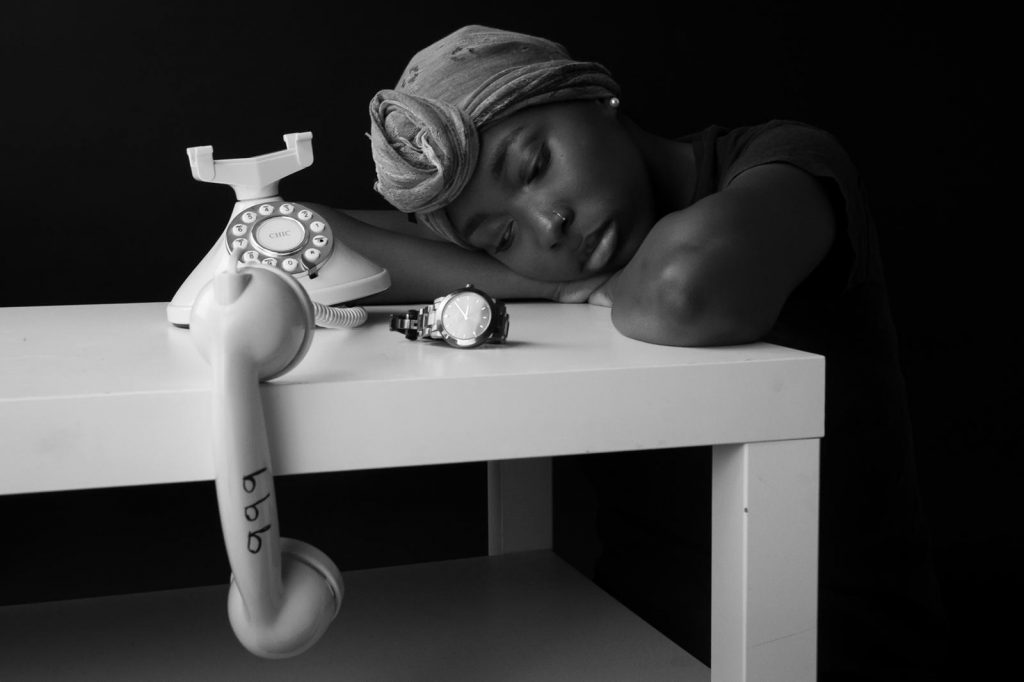
Fauzan, 24, is now disabled also due to avascular necrosis which has led to the collapse of his spine and hips.
He said: “I spent last night crying in pain, every breath I take is painful.”
There are two known cures for sickle cell, bone marrow and stem cell transplants.
After extensive research, the siblings have located a private doctor in India who specialises in sickle cell and are fundraising for the expensive but life- saving bone marrow transplant.
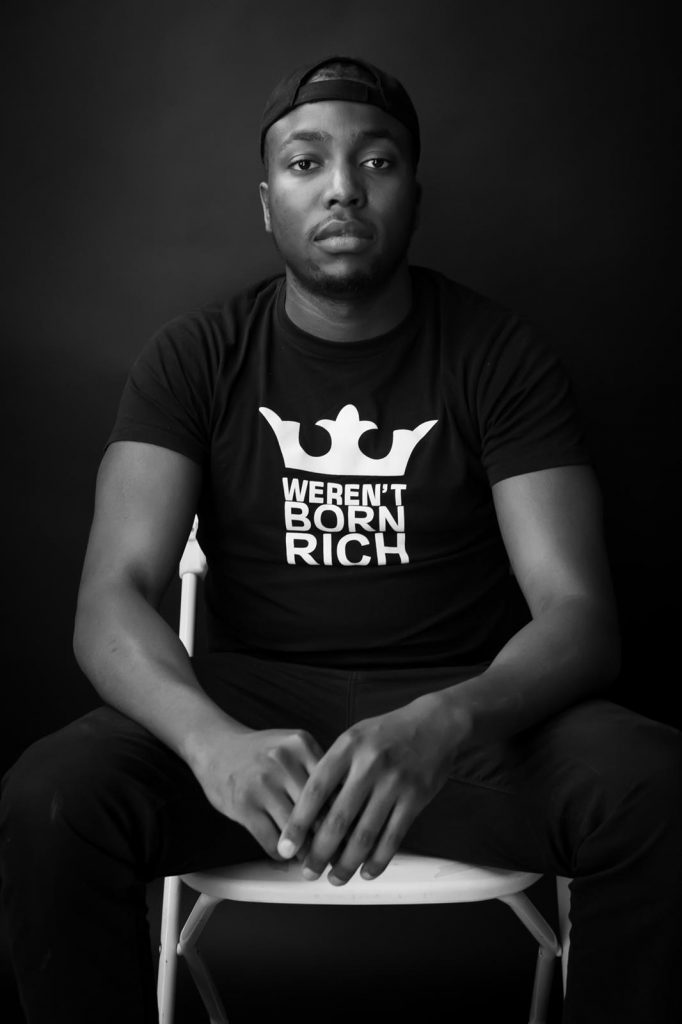
Nabila said: “Discussions about this procedure is what should be happening within the NHS. We have waited for action but there is always an excuse.”
On 11 November, The Parliament’s Joint Committee released a report titled Black People, Racism and Human Rights.
The report found that more than 60% of Black people in the UK do not believe their health is as equally protected by the NHS compared to white people.
SCD commonly affects people of African and Caribbean descent.
Fauzan said: “The NHS as a whole needs to re-evaluate its position on sickle cell because they can be very insensitive towards us.
“There are assumptions that we are not really in pain and just addicted to morphine.”
For Nabila, going through this with her brother makes every day easier.
She said: “It might sound odd, but it’s probably the best thing that could have happened to both of us. We lean on each other for support.”
But for Fauzan, seeing his sister suffer is difficult to watch.
He said: “As an older brother, I’m meant to be looking after her. It’s heart-breaking knowing there are things I can’t do for her.
“Nabila is in hospital 80% of the time. I struggle looking into her eyes and confidently saying, tomorrow will be fine.”
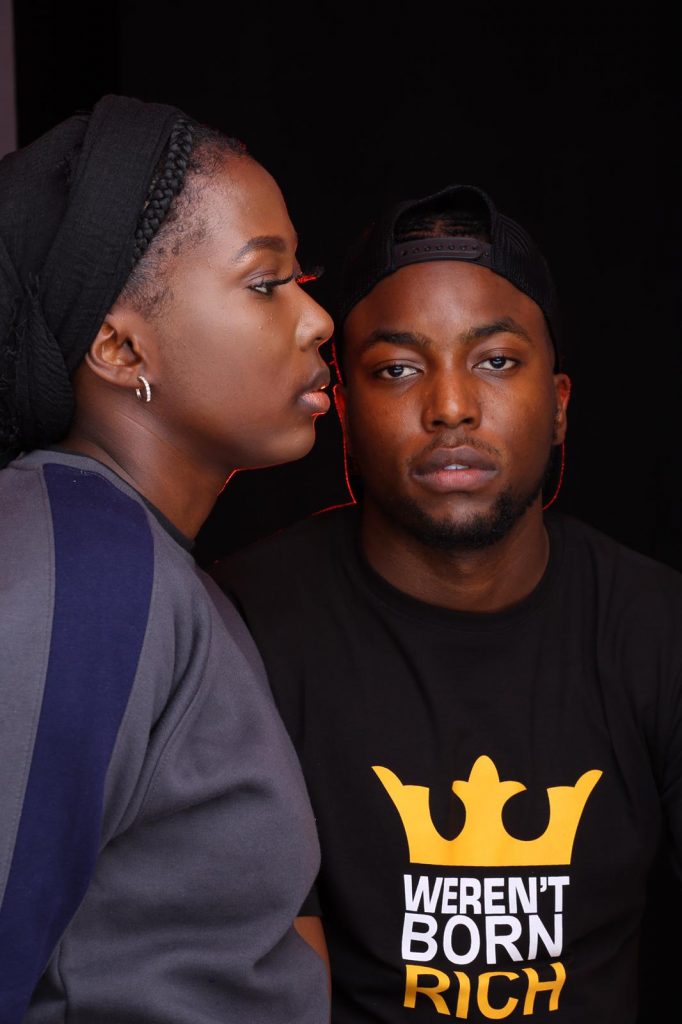
The east London duo are passionate about highlighting the pain those with SCD go through beyond the surface.
Nabila said: “We were born in Uganda and within the African community it isn’t always acknowledged that the disease affects us mentally too.”
Fauzan added: “I’ve really struggled with my mental health, and I felt a lot of pressure as a result of not working.”
Despite their struggles, the siblings hope to be a voice for those with SCD through their charitable fashion brand, ‘Weren’t Born Rich’.
They make streetwear clothing, with a portion of the profits going to sickle cell patients.
Nabila said: “I want people to look at ‘Weren’t Born Rich’ and be inspired. If I can be this sick and continue to fight, so can you.”
Tracy Williams, project manager for blood donation at the Sickle Cell Society, has advocated through multiple projects for more Black and mixed heritage blood donors.
She manages two projects ‘South London Gives’ and ‘Give Blood, Spread Love’.
Tracy said:” Only 1% of people who give blood are of Black heritage. This number needs to increase to help those with sickle cell with Exchange Blood Transfusions.
“We advocate for the patient voice, and of that of families affected by SCD. Our goal is to improve the overall wellbeing for people with sickle cell by accessing excellent treatment, mental health support and easily accessible ethnically matched blood.”
Despite SCD being the fastest growing genetically inherited condition in the UK, research remains limited.
She said: “We have seen positive changes however we would like to see more research for widely accessible treatments. We also continue to campaign for their exemption from prescription charges.”
Williams’ message for the Black community is clear.
She said: “Your blood is needed. Donating blood is safe and the process takes half an hour. It’s your chance to literally save someone’s life.
“If you are not from our target communities – be an ally and share our message too.”
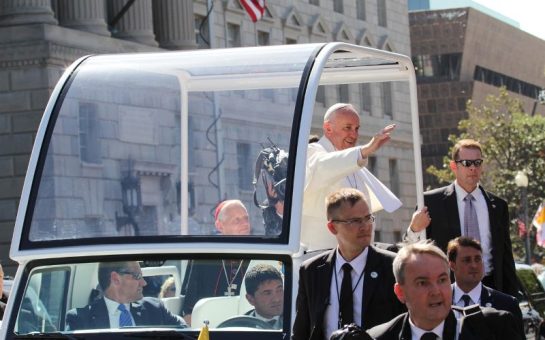
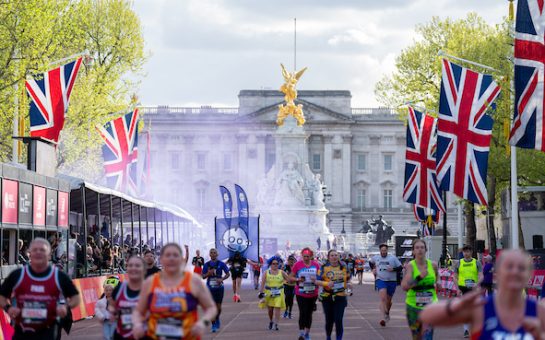
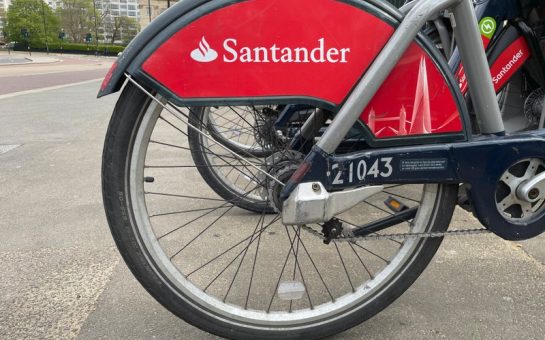
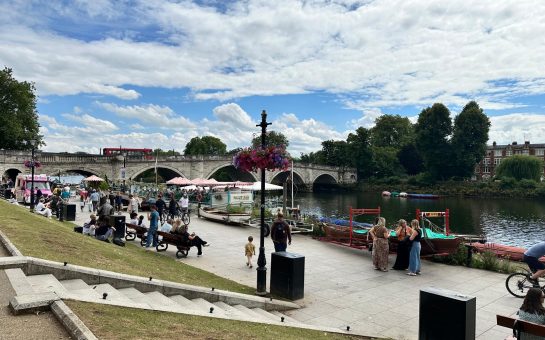

Join the discussion
[…] — to http://www.swlondoner.co.uk […]
[…] Read original article here […]